9 Web Technologies Every Web Developer Must Know in 2021

Web development comes with a huge set of rules and techniques every website developer should know about. If you want a website to look and function as you wish them to, you need to get familiar with web technologies that will help you achieve your goal.
Developing an app or a website typically comes down to knowing 3 main languages: JavaScript, CSS, and HTML. And while it sounds quite complicated, once you know what you are doing, understanding web technology and the way it works becomes significantly easier.
Fret not if it is not coming easily to you immediately. You may need more time, training, and patience to dive deeper into the subject, but you’ll end up with a good understanding eventually.
We present you with an introduction to web technologies and the latest web technologies list hoping it will make things at least a bit easier for you. Now, let’s take a look.
What is Web Technology?
You have probably heard the term “web development technologies” before, but did you ever think about what it actually means?
Since computers can’t communicate with each other the way people do, they require codes instead. Web technologies are the markup languages and multimedia packages computers use to communicate.
1. Browsers
Browsers request information and then they show us in the way we can understand. Think of them as the interpreters of the web. Here are the most popular ones:
Google Chrome – Currently, the most popular browser brought to you by Google
Safari – Apple’s web browser
Firefox – Open-source browser supported by the Mozilla Foundation
Internet Explorer – Microsoft’s browser
2. HTML & CSS
HTML is one of the first you should learn. Thanks to HTML, the web browsers know what to show once they receive the request. If you want to better understand how HTML works, you also need to know what CSS is.
CSS stands for Cascading Style Sheets and it describes how HTML elements are to be displayed on the screen. If you browse enough tutorials, you’ll soon create CSS text effects, page transitions, image hover effects, and more.
If you’re a complete beginner, this Essential HTML & CSS training by James Williamson will help you to quickly get started with these technologies.
3. Web Development Frameworks
Web development frameworks are a starting point of items that a developer can use to avoid doing the simple or mundane tasks, and instead get right to work.
Angular
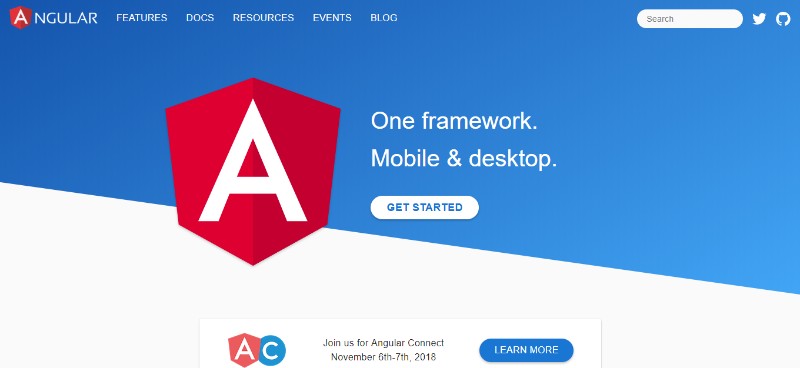
Angular is one of the latest web technologies designed specifically for developing dynamic web applications. With this framework, you can easily create front-end based applications without needing to use other frameworks or plugins.
The features include well-made templates, MVC architecture, code generation, code splitting etc. All the expressions are like code snippets that enclosed within curly braces and do not use any loops or conditional statements.
If you would like to start using Angular or to just quickly evaluate if this framework would be the right solution for your projects, you can check out this 3-hour training, published in June 2019 by Justin Schwartzenberger, a Google Developer Expert. This course covers everything that’s necessary to start using Angular, from basic architecture, work with DOM, data binding, routing, and components, to more advanced topics such as directives and pipes.
Ruby on Rails
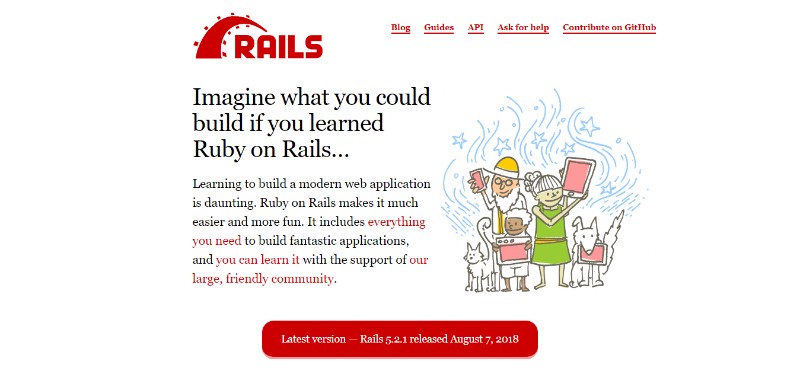
Ruby on Rails is a server-side website technology that makes app development much easier and faster. The thing that really sets this framework apart is the reusability of the code as well as some other cool features that will help you get the job done in no time.
Popular websites written with Ruby include Basecamp, Ask.fm, GitHub, 500px, and many others.
Here is everything you need to know about Ruby on Rails.
If you would are interested in a more in-depth training on Ruby on Rails framework, this 10-hour course by Kevin Skoglund, a senior Ruby developer, might be just the right resource to get started. It covers the complete learning cycle from the very fundamentals to more advanced topics such as Layouts, Partials, and View Helpers, giving quite a few practical tasks in parallel.
YII
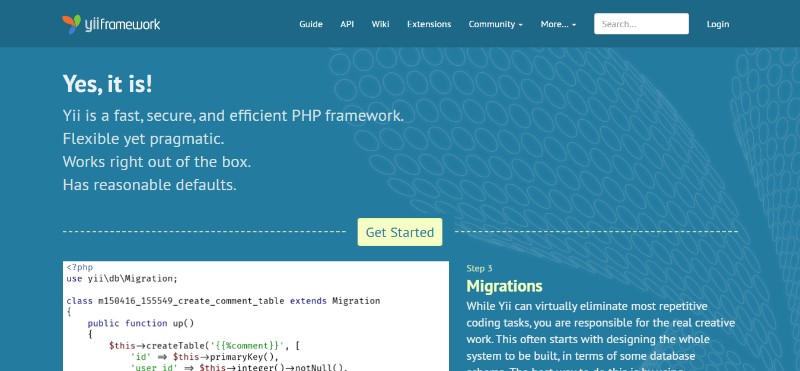
Yii is an open-source web application development framework built in PHP5. It is performance-optimized and comes with a number of great tools for debugging and app testing. Another plus is that it is pretty simple and easy to use.
Meteor JS
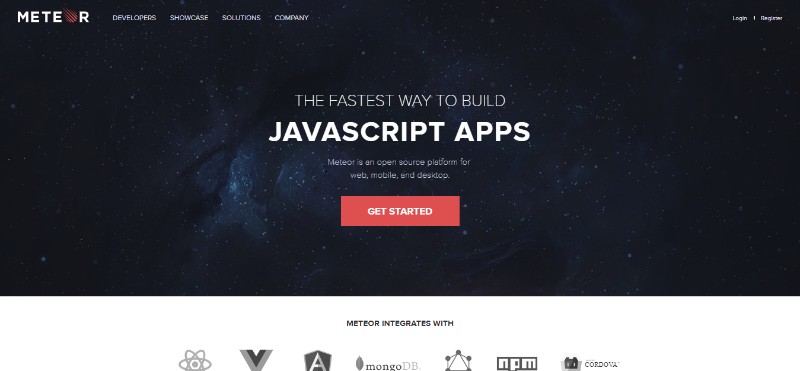
Meteor JS is written in Node.js and it makes it possible for you to create real-time web applications for different platforms. The framework for creating simple websites for personal use really stands out with Meteor JS.
This is an open-source isomorphic JavaScript web framework which also means that the webpage loading time is significantly shorter. JavaScript stack also makes it possible to get the same results with fewer lines of code than usual.
This online video course gives an interesting practical example of combining MeteorJS and React to build a web app.
Express.js
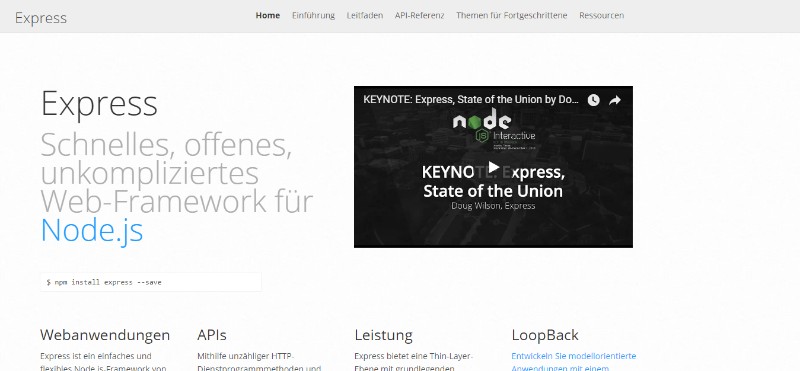
Developed in Node.js, Express.js is a web app development network that is great for those who need to develop apps and APIs as fast as possible. A lot of great features are provided with the help of plugins.
This course provides a good insight into the advanced usage of Express.js in combination with MongoDB and Mongoose and shows different ways of deploying an Express app and …
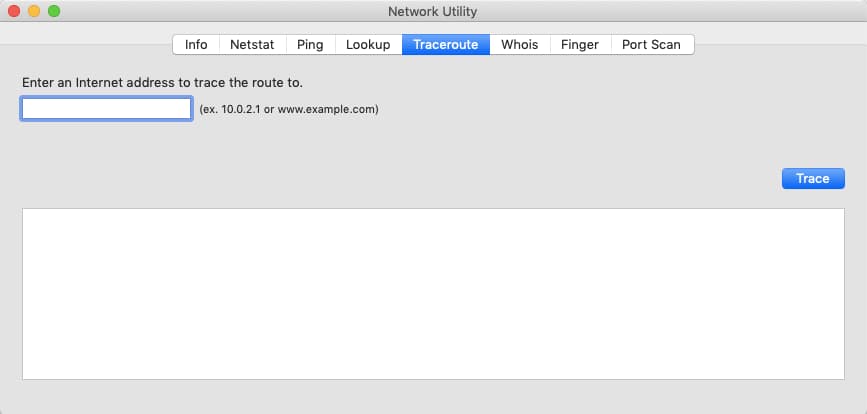

![How To Become A Web Developer In 2021 [Complete Guide]](https://careerfoundry.com/en/wp-content/uploads/2021/01/web_dev_pillar_page.jpg)
 Naturally, that is going to be a little helpful when it comes to working at a construction site. There will be power sources for some equipment and tools, but using solar power lights helps free up those outlets. Plus, it also makes placement of the lights much easier.
Naturally, that is going to be a little helpful when it comes to working at a construction site. There will be power sources for some equipment and tools, but using solar power lights helps free up those outlets. Plus, it also makes placement of the lights much easier.